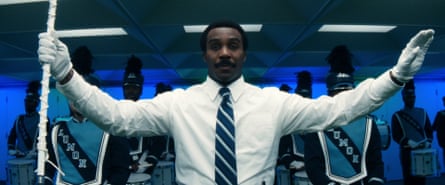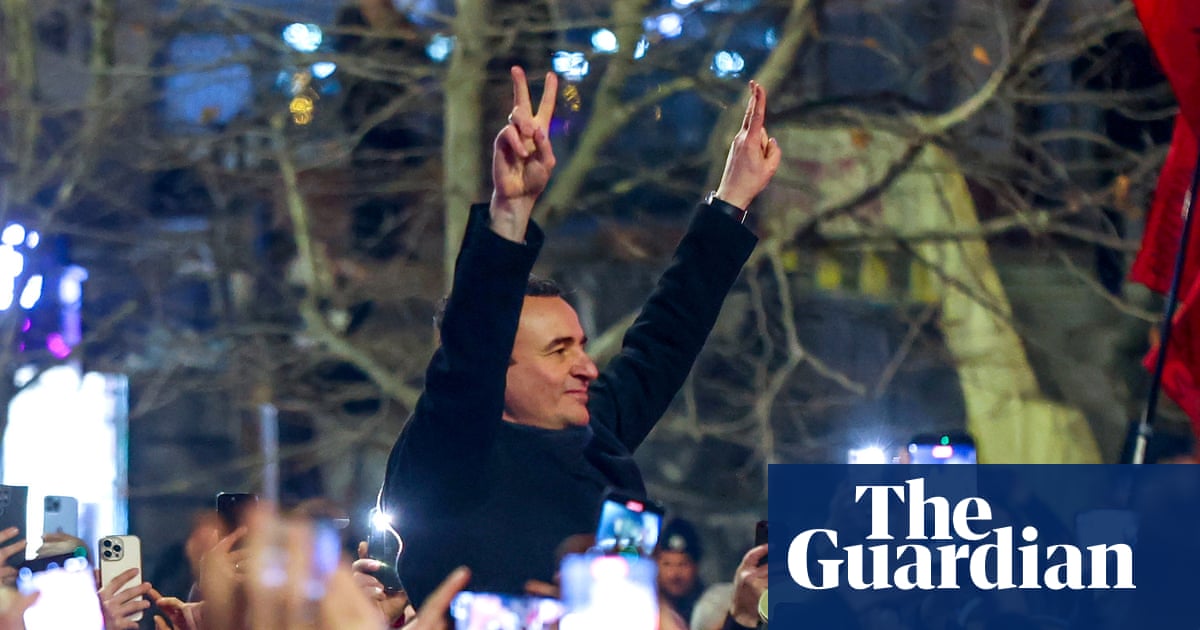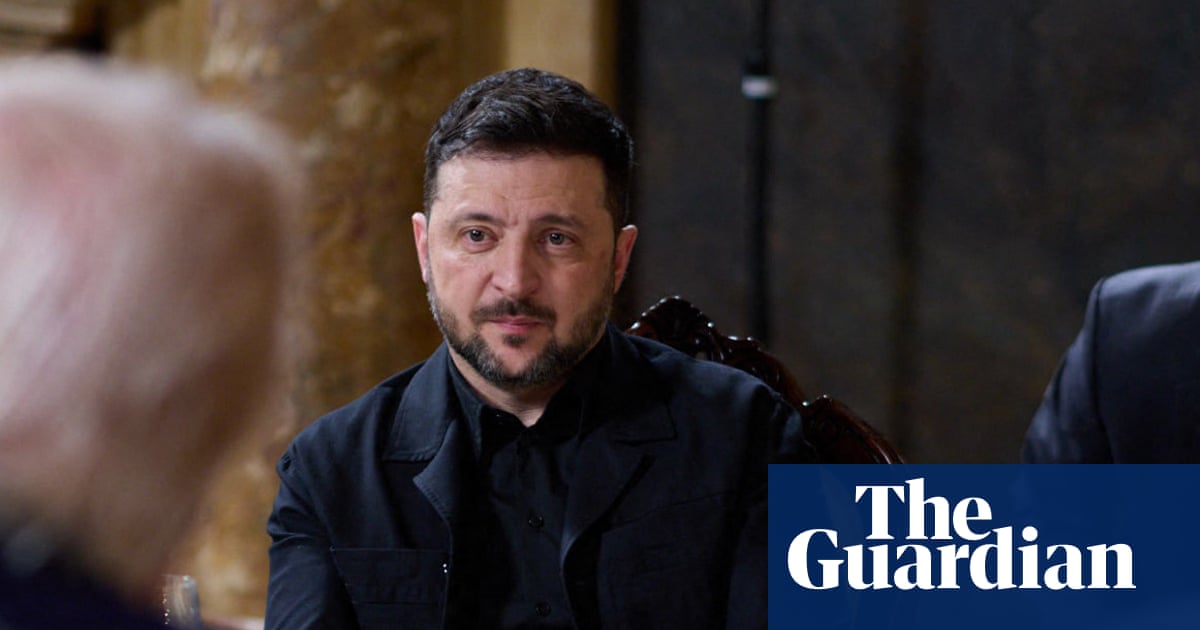From the moment the nominations were announced in July, it was clear that these were to be A Very Apple Emmys. Aside from Adolescence, which had the limited series category all sewn up, it felt like every single nomination was either for Severance or The Studio.
Of these, The Studio’s ascendancy seemed most locked in. Here, after the controversy over The Bear’s deliberate lack of laughs, was a comedy comedy; something designed from the ground up to be funny. Plus, it was about the entertainment industry, which always appeals to the myopic interests of the Emmy voters. True, all of this equally applied to Hacks, but The Studio’s lead character wasn’t routinely described as a comedy genius, so there was far less dissonance when their jokes failed to land.
And so it came to pass. The Studio ended the Emmys as the most awarded comedy ever, picking up 13 wins. Writing, directing, acting, a wealth of technical awards. What’s more, Seth Rogen is now in joint first place for the most Emmy wins in one night. It was, by any metric, a resounding victory.
Severance was slightly less of a dead cert – this year’s second season largely traded its momentum for style, frustratingly – but it still very much remained the drama series to beat. Sadly for Severance, someone beat it.

For the most part, that show was The Pitt. And this was entirely warranted, because The Pitt is stunning in a way that television was 20 years ago. Essentially 24 set in a hospital, The Pitt is the sort of frenetic, unapologetically entertaining drama that network television used to excel at. Tellingly, it’s made by some of the people who made ER and The West Wing. In total, The Pitt won five Emmys, including best drama.
But it is the writing and directing losses that will really sting for Severance. Severance is sold almost entirely on those two things – it’s a complex mystery-box show that is most frequently promoted by its movie star director – so to lose those categories seems particularly egregious.
But the shows that did win those categories – Andor for writing, Slow Horses for direction – probably deserved them. On an otherwise quiet night for Andor, Dan Gilroy’s writing win marked perhaps the most political moment of the entire ceremony. Gilroy, after all, managed to take goofy old Star Wars and transform it into the most stinging indictment of our times imaginable. Not for nothing was it the only show nominated to explicitly invoke genocide.

Meanwhile, Slow Horses’ Adam Randall was a perfect example of rock solid direction, unfussily squeezing every ounce of tension and humour from the script. Had there been a Most Direction category, Severance would have walked it, but this seems fair.
Still, the awards that Severance did win were well earned. Britt Lower did magnificent work playing two characters who were horrified by each other, and you sense that Tramell Tillman – the first Black person to win best supporting actor in a drama – is on a rocket ship to permanent A-list stardom, so this fits too.

However, if we’re talking snubs, then some space must be set aside for The White Lotus, which left empty-handed last night. This is the first time this has happened in the show’s history, and there are perhaps a few explanations. Broadly, this was the loosest and least focused season of the show, shot through with any number of frustrating plotholes and threads left dangling. There was also no Jennifer Coolidge-style centre of gravity, which likely split the voting. The show did win one Creative Arts Emmy this week, though. However, that award went to Cristóbal Tapia de Veer, the composer who quit the show after publicly lashing out at its showrunner Mike White, which probably only compounds the disappointment.

In happier news, Cristin Milioti won best lead actress in a limited series for her role in The Penguin. Adolescence (rightly) locked out most of the limited series awards, for all the reasons you already know about. But Milioti was little short of spectacular in her role as an ascendant crime boss. Variously scheming, angry, haunted and heartbreaking, her performance gave untold depths to a character that ran the risk of coming off as two-dimensional. Of course, it might have also helped that Adolescence had no identifiable lead actress, but let’s not dwell on that.
Finally, it should be mentioned that there was nothing for The Bear. But if you’ve seen any of The Bear recently, you will understand that this doesn’t really qualify as a surprise. If it can hit the strengths of its first two seasons when it returns, however, it might end up giving The Studio a run for its money.

 3 months ago
49
3 months ago
49

















































